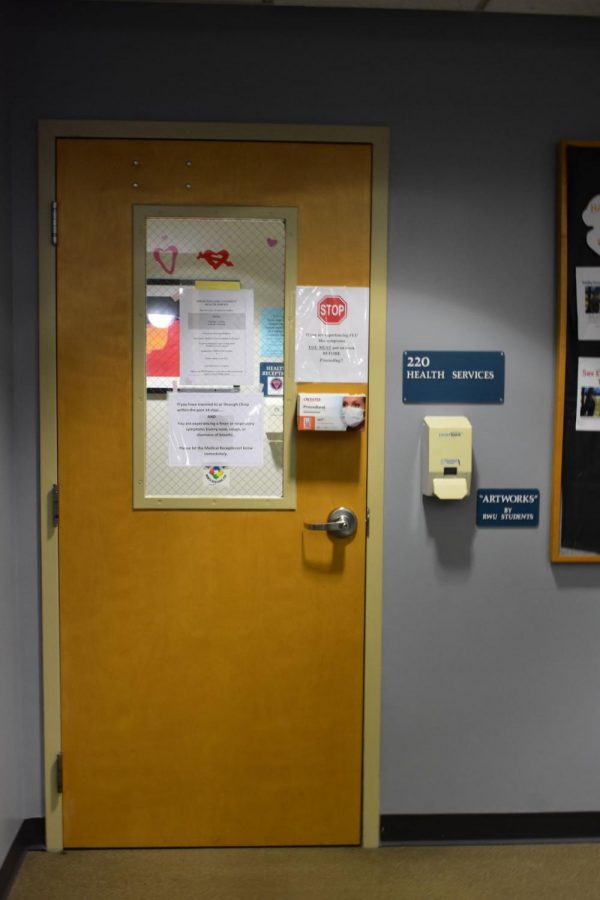As of Feb. 8, there have been 34 confirmed cases of the flu on campus this year, according to a university official. Just this semester, there have been 31 cases alone.
There have also been 32 confirmed cases of flu-like illnesses, such as the common cold. Director of Health Services Anne Mitchell said these numbers are similar to last year. As for flu shots, Mitchell said 692 were administered during this year’s on-campus CVS flu clinics, a number that doubled from last year.
“It is impossible to accurately assess how many people have gotten the flu shot, as we can only track those students that come to Health Services and those who get the flu shot during the CVS flu shot clinics conducted on campus,” Mitchell said. “I am sure there are many people who get the flu shot that we are not aware of.”
While the flu and cold have made their way around campus, COVID-19, the coronavirus that originated in Wuhan, China, has not yet made its way to RWU or Rhode Island.
On Feb. 4, Vice President of Student Life John King sent out an all-student email entailing what steps the school has taken to mitigate coronavirus exposure.
“Health Services on the Bristol campus is following CDC and WHO guidance on screening students who present with respiratory illness AND have recently traveled to China OR recently had close contact with someone with respiratory symptoms who traveled to an affected region,” King said in the email.
King also said the Office of Global and International Programs will reach out to students abroad and have all facilities follow flu season cleaning protocols. The email urged students with flu-like symptoms to avoid dining areas in order to avoid cross-contamination. Students who are experiencing flu-like symptoms could give their student IDs to friends, who could pick up take-out meals for the sick students.
Mitchell gives the following advice in regards to avoiding catching the flu:
1. Wash your hands frequently with soap and water or use an alcohol-based sanitizer
2. Cough or sneeze into your elbow or a tissue
3. Avoid touching your eyes, nose or mouth
4. Avoid close contact with people who are sick
5. Get plenty of rest, increase fluid intake and eat a balanced meal
6. Clean and disinfect frequently touched objects or surfaces (i.e. door knobs) with a household disinfectant
7. Get your flu shot











